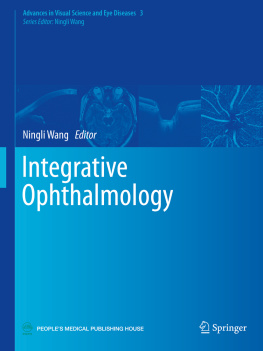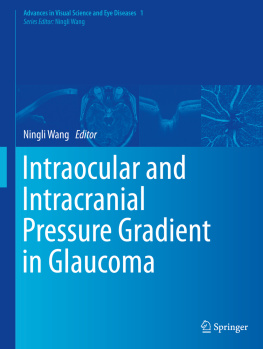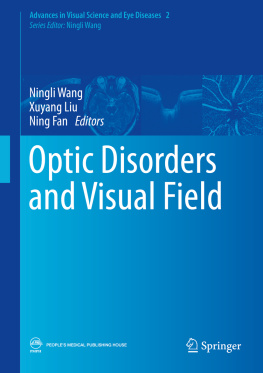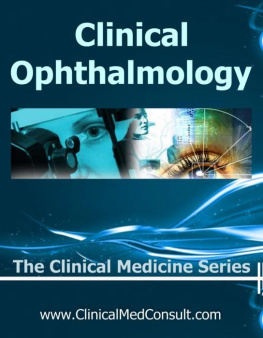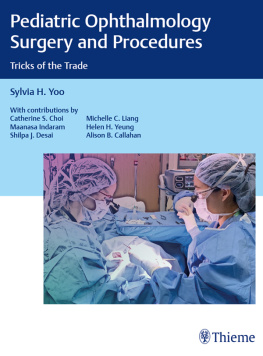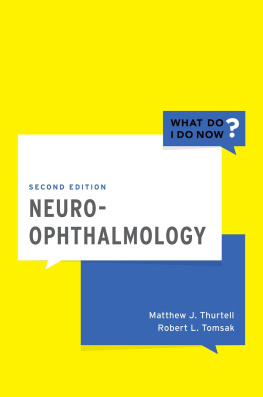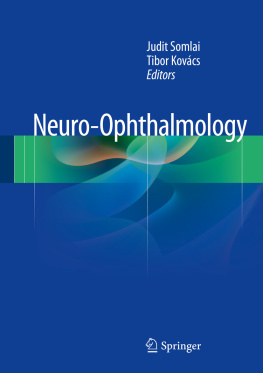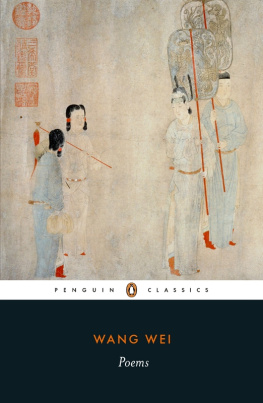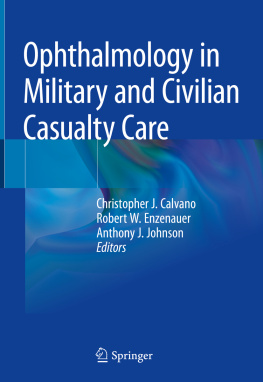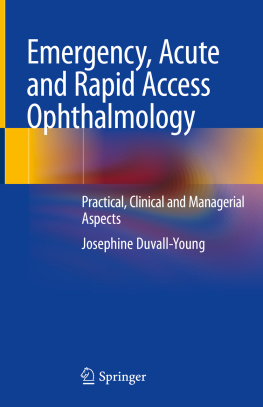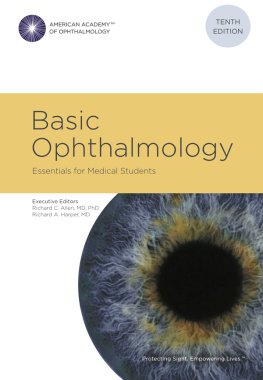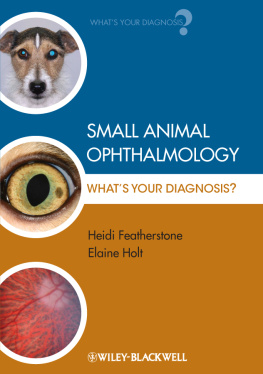Ningli Wang - Integrative Ophthalmology
Here you can read online Ningli Wang - Integrative Ophthalmology full text of the book (entire story) in english for free. Download pdf and epub, get meaning, cover and reviews about this ebook. year: 2020, publisher: Springer Singapore, genre: Science. Description of the work, (preface) as well as reviews are available. Best literature library LitArk.com created for fans of good reading and offers a wide selection of genres:
Romance novel
Science fiction
Adventure
Detective
Science
History
Home and family
Prose
Art
Politics
Computer
Non-fiction
Religion
Business
Children
Humor
Choose a favorite category and find really read worthwhile books. Enjoy immersion in the world of imagination, feel the emotions of the characters or learn something new for yourself, make an fascinating discovery.
- Book:Integrative Ophthalmology
- Author:
- Publisher:Springer Singapore
- Genre:
- Year:2020
- Rating:3 / 5
- Favourites:Add to favourites
- Your mark:
- 60
- 1
- 2
- 3
- 4
- 5
Integrative Ophthalmology: summary, description and annotation
We offer to read an annotation, description, summary or preface (depends on what the author of the book "Integrative Ophthalmology" wrote himself). If you haven't found the necessary information about the book — write in the comments, we will try to find it.
Integrative Ophthalmology — read online for free the complete book (whole text) full work
Below is the text of the book, divided by pages. System saving the place of the last page read, allows you to conveniently read the book "Integrative Ophthalmology" online for free, without having to search again every time where you left off. Put a bookmark, and you can go to the page where you finished reading at any time.
Font size:
Interval:
Bookmark:
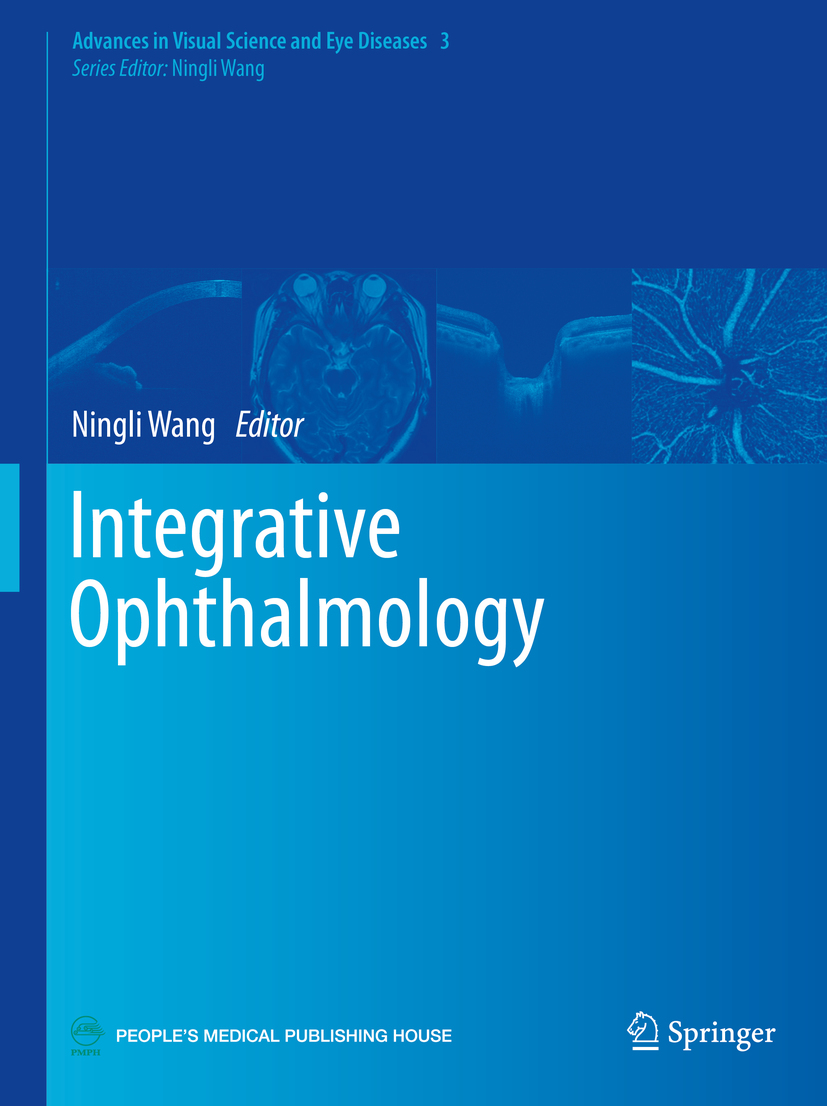
Advances in Visual Science and Eye Diseases presents the latest progress and achievement made in visual science and eye diseases for eye care health professionals at different links in the chain of eye care delivery including ophthalmologists, researchers, eye care service providers, health policy makers, and medical students.
The series firstly covers major blinding eye diseases, expounding on their characteristics and the latest development in pathogenesis, up-to-date researches and treatment options of the diseases in detail. Then, the series unfolds the pathogenesis, new diagnosis methods, latest surgery techniques, genetic research, animal modelling studies and translational medicine in glaucoma. Next, the series provides an overall picture on 1. the development of ophthalmology in China along with the contribution of Chinese ophthalmologists to the international community from historical perspective and sheds light on its future development directions; 2. eye epidemiological studies and achievements in blindness prevention in China; 3. holistic view on the systematic relationship between the eye and other organs as well as the relationship between eye diseases and systematic diseases. We hope readers can benefit from this series by enriching their latest knowledge in no matter visual science or clinical management of eye diseases.
Ningli Wang is a professor at Beijing Tongren Hospital affiliated to Capital Medical University, Beijing, China. He is also the director of Tongren Eye Center, Beijing, China.
More information about this series at http://www.springer.com/series/16143


Jointly published with People's Medical Publishing House, PR of China
The print edition is not for sale in China. Customers from China please order the print book from: People's Medical Publishing House, PR of China.
This Springer imprint is published by the registered company Springer Nature Singapore Pte Ltd.
The registered company address is: 152 Beach Road, #21-01/04 Gateway East, Singapore 189721, Singapore
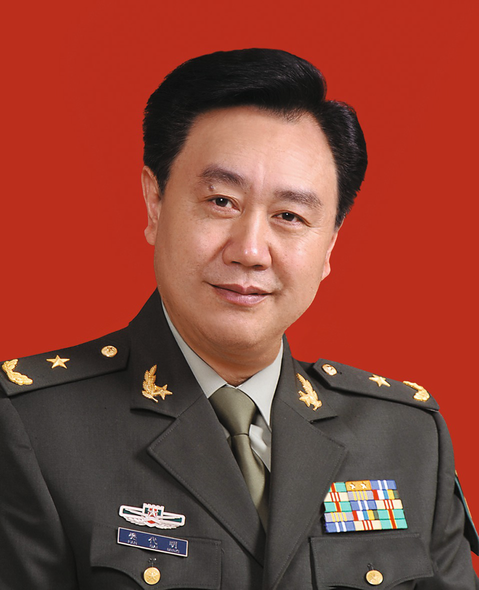
It is estimated that, except ocular trauma, only 15% ocular diseases are directly resulted from abnormal ocular structure or function, while the remaining 85% are caused by abnormalities in other organs. If an ophthalmologist only focuses on the eyes in the diagnosis and treatment, it means he is trying to cure all diseases with only 15% of his capability, and the consequences will be devastating.
It is difficult for both ophthalmologists and doctors in other departments to understand this conclusion, since we know so little about the pathogenesis of systemic diseases that can cause eye diseases. There is a famous saying that the eye is the window of the soul. In fact, it is the best organ to reflect the health of the entire body. For example, the pale conjunctiva represents anemia of the blood system; the yellow sclera may reflect liver failure; the change of pupil size may indicate foodborne illness. Paying attention to systemic diseases could be conducive to the prevention and treatment of eye diseases. Understanding the systematic factors resulting in ocular lesions and applying them to the treatment and diagnosis in ophthalmology are what integrative ophthalmology is going to do.
Integrative ophthalmology is an important part of holistic integrative medicine. Although the theory of integrative medicine was proposed just recently, its practice has a long history. At the beginning of the Tang Dynasty, a famous doctor named Simiao Sun found that fine diet may lead to beriberi disease, which can be cured by adding bran to the diet, while rough diet may result in nyctalopia, which could be cured by eating pork liver (I dont know if the idiom Xing Gan Ming Mu comes from that). At that time, we didnt know that nyctalopia was a result of vitamin A deficiency. If we figured it out at that time, we would definitely win the Nobel Prize, except that at that time, Mr. Nobel was not born yet! So far, numerous eye diseases still remain incurable or have only imperfect treatment options, and some may even become severer after the treatment. The fact is that we know too little about the pathogenesis of many eye diseases. Ocular diseases may be presentations of the abnormalities of the whole body. To understand the pathogenesis of ocular diseases, there is much we need to learn from Mr. Simiao Sun!
Professor Wang is a distinguished ophthalmologist in China. He has many unique insights and exquisite techniques in the field of ophthalmology. What is more valuable is that he is committed to connecting ocular diseases with the abnormalities of the whole body. He invited many experts other than ophthalmologists to write this book called Integrative Ophthalmology . He is also the first pioneer in this aspect and could be regarded as the founder of integrative ophthalmology. This book is just a beginning. It is the first version of Integrative Ophthalmology , so it may not be perfect. We know that it is difficult to perceive everything in the world and even harder to link all the things together. However, it doesnt matter; as long as we insist on writing it year after year, we will ultimately get the ideal version of
Font size:
Interval:
Bookmark:
Similar books «Integrative Ophthalmology»
Look at similar books to Integrative Ophthalmology. We have selected literature similar in name and meaning in the hope of providing readers with more options to find new, interesting, not yet read works.
Discussion, reviews of the book Integrative Ophthalmology and just readers' own opinions. Leave your comments, write what you think about the work, its meaning or the main characters. Specify what exactly you liked and what you didn't like, and why you think so.

